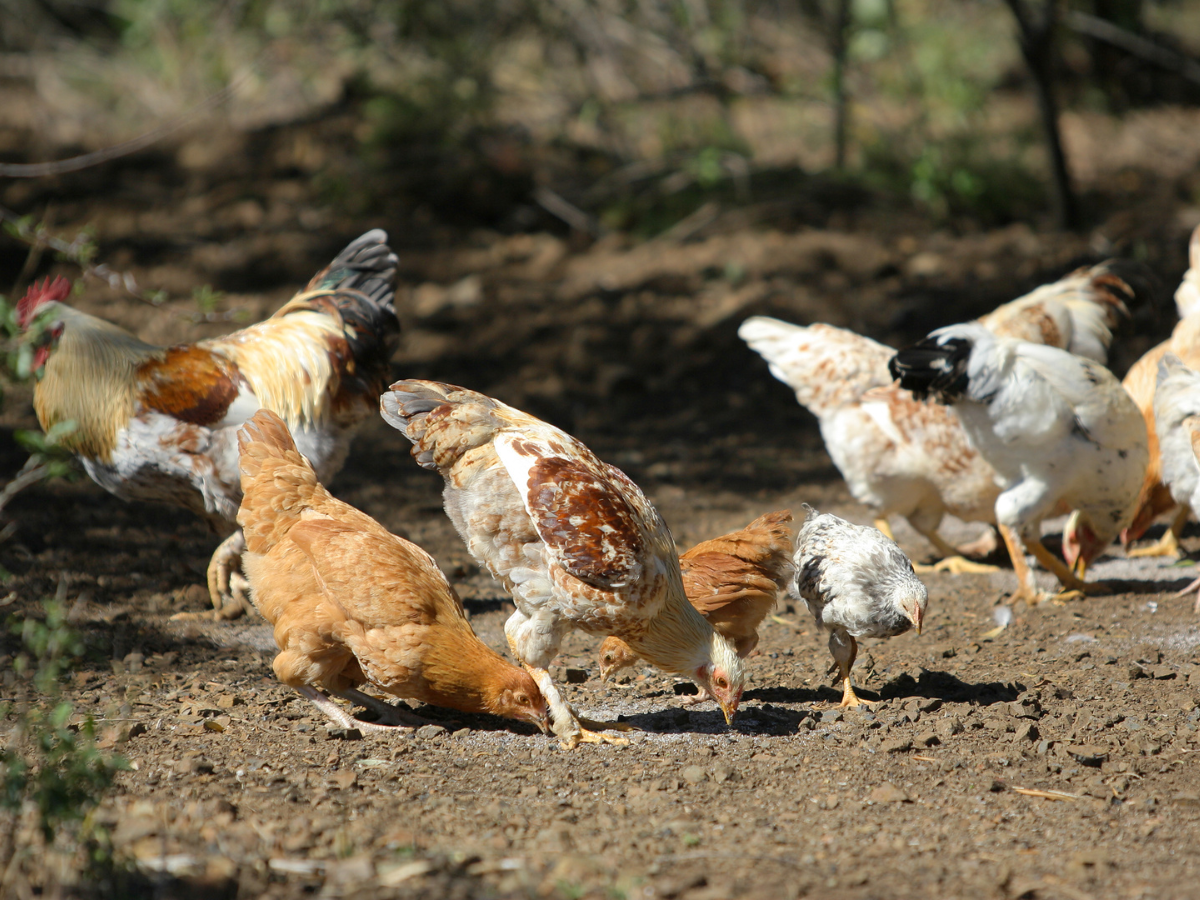Free-Range vs. Backyard Chickens: Pros and Cons
When it comes to raising chickens, one of the fundamental decisions you'll need to make is whether to go for free-range chickens or keep them in your backyard. Both options have their own set of advantages and disadvantages, and the choice largely depends on your preferences, available space, and lifestyle. In this blog post, we'll explore the pros and cons of each approach to help you make an informed decision for your feathered friends.

Pros
1. Natural Foraging
Free-range chickens have the opportunity to roam and forage for insects, worms, and plants, which can result in healthier and tastier eggs and meat.
2. Happier Hens
Chickens that can roam freely tend to exhibit less stress and boredom, leading to happier and more content birds.
3. Improved Diet
Their varied diet leads to a richer nutrient profile in their eggs and meat, with higher levels of omega-3 fatty acids and vitamins.
4. Reduced Feed Costs
With access to natural food sources, you may find that you spend less on chicken feed.
Cons
1. Predator Vulnerability
Free-range chickens are more susceptible to predators like foxes, hawks, and raccoons. Proper protection and secure fencing are crucial.
2. Risk of Disease Spread
Free-range birds have increased contact with wild birds, which can raise the risk of disease transmission.
3. Roaming Issues
Chickens may wander into neighboring properties or gardens, potentially causing conflicts with neighbors.
4. Land Requirements
Keeping free-range chickens may require more land and resources, making it less feasible for those with limited space.

Backyard Chickens
Pros
1. Convenient Access
Backyard chickens are easily accessible, making it simpler to collect eggs and maintain their coop.
2. Reduced Predation
They are generally safer from predators due to the enclosed space, reducing the risk of loss.
3. Higher Egg Production
Backyard chickens tend to lay more eggs since they are less active and expend less energy.
4. Easier Health Monitoring
With chickens confined to a smaller space, it's easier to keep an eye on their health and spot any issues early.
Cons
1. Limited Foraging
Backyard chickens have limited space to roam and forage, which can result in a less diverse diet.
2. Boredom and Stress
Chickens in confined spaces might experience boredom and stress, which can lead to health issues.
3. Cleanliness and Odor
Backyard coops require regular cleaning to prevent odor and maintain hygienic conditions.
Conclusion
In the end, the choice between free-range and backyard chickens boils down to your specific circumstances and priorities. If you have ample space, are willing to invest in predator-proofing, and prioritize the health and well-being of your chickens above all else, free-range may be the way to go. On the other hand, if you're limited on space, want a more hands-on approach, and value higher egg production and convenience, backyard chickens might be the better choice.
Remember that you can also find a middle ground by providing your backyard chickens with supervised free-ranging time or creating a chicken tractor that allows them to access fresh forage in a controlled manner. Ultimately, the happiness and health of your chickens, as well as your own preferences, should guide your decision-making process.
